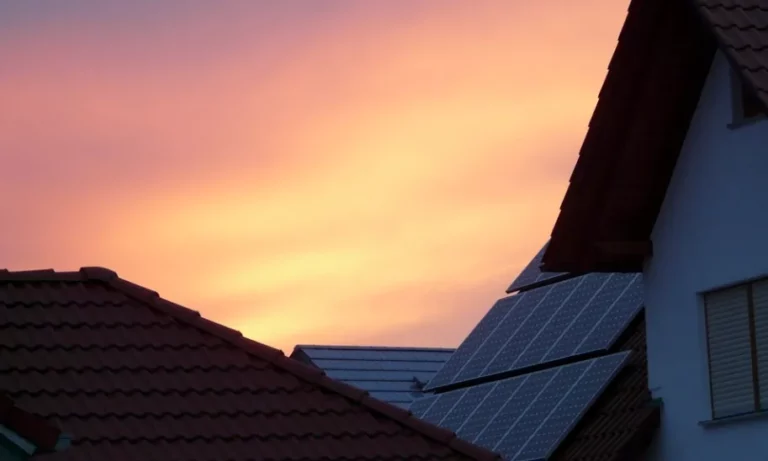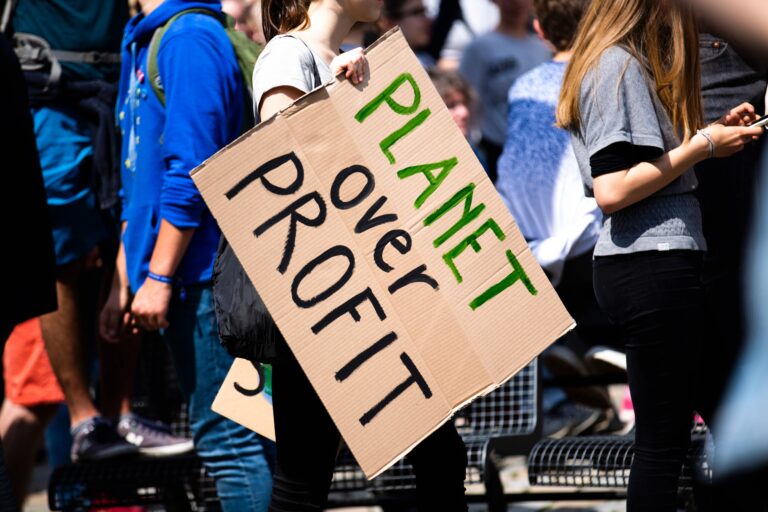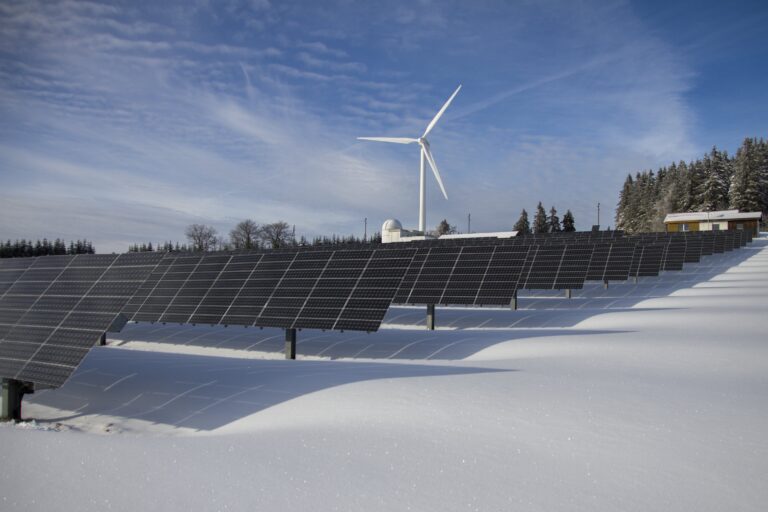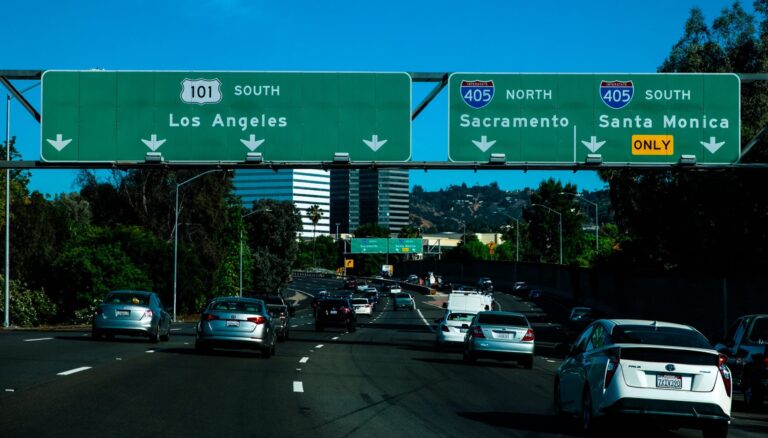Doomsday Clock measured in seconds again in 2024
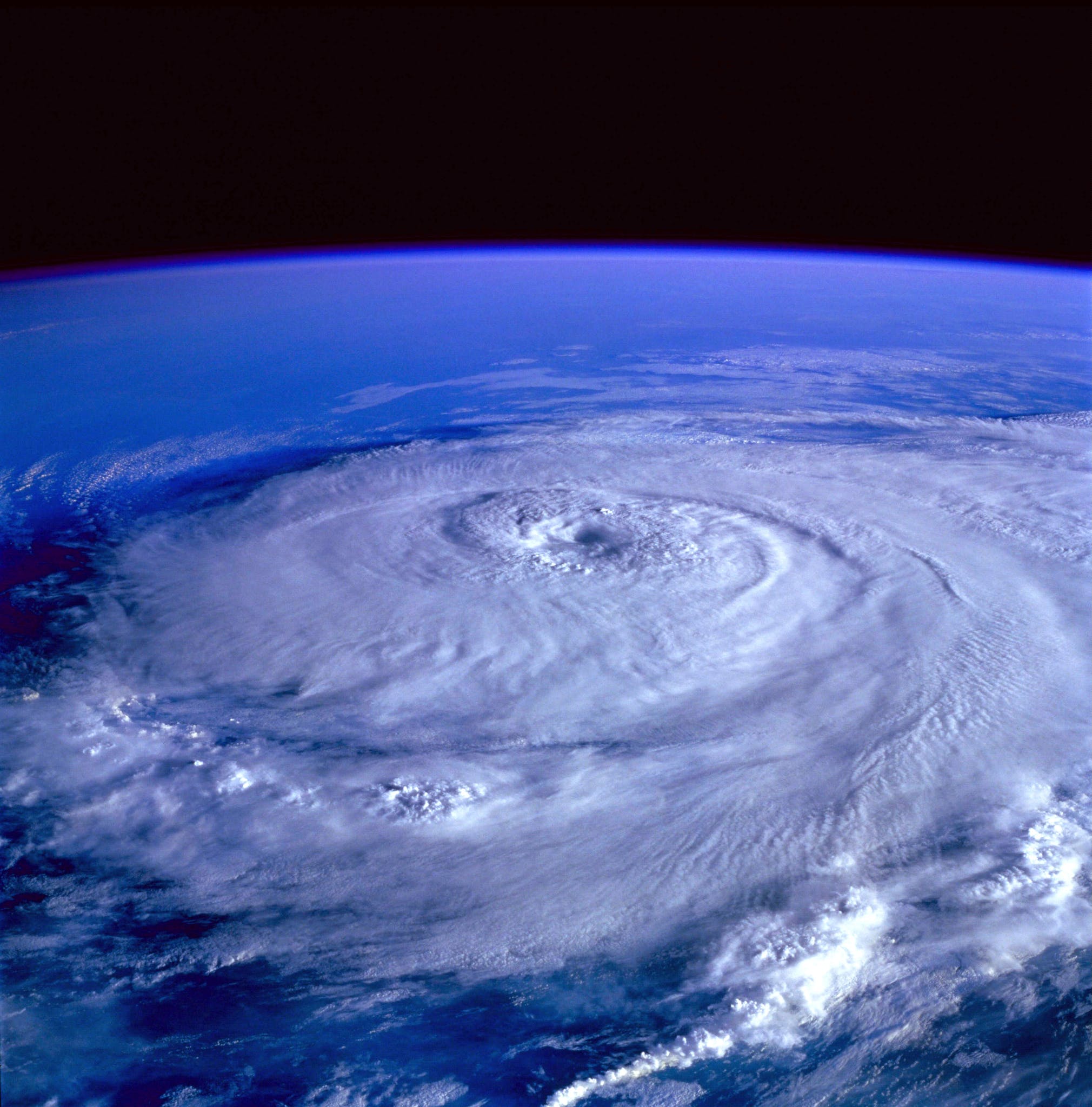
(This column was first published on Callawayclimateinsights.com, a partner of ClimateCrisis247)
The annual Doomsday Clock announcement, for decades a symbol of the scientific community’s concern about humanity destroying itself, is sometimes derided by critics as a stunt. But the people who run The Bulletin of the Atomic Scientists, founded by Albert Einstein (with help from Robert Oppenheimer) are deadly serious about it.
I support the Chicago-based group and often work with their marketing team, and I’ve watched over the past few years as traditional concerns over nuclear annihilation — made worse recently by wars in Ukraine and Gaza — have combined with rising worries about climate change, and disruptive technologies such as AI.
The Bulletin was one of the first magazines to report on climate change, stretching all the way back to the 1970s. Its announcement this week that its 22-member science security board was keeping the clock at 90 seconds to midnight — the closest to annihilation ever — for a second year prominently mentioned last year’s record global heat, along with floods and fires.
While the clock can, and has, been set back before during years of relative stability, last year was certainly not one of them. In addition to climate change, the threat of AI rises with every new breakthrough, and of course, the Israel-Hamas war that erupted in October is new from last year’s announcement.
The clock is just a symbol, but an important one. Once a year the scientific community actually puts a number on the threat to the world, expressed in ways we can all understand, in seconds and minutes. It’s worth paying attention to. And it is probably just a coincidence that the Christopher Nolan movie Oppenheimer garnered 13 Oscar nominations on the same day, including best picture.
Sponsor
Find a Vetted Financial Advisor
- Finding a fiduciary financial advisor doesn't have to be hard. SmartAsset's free tool matches you with up to 3 financial advisors that serve your area in 5 minutes.
- Each advisor has been vetted by SmartAsset and is held to a fiduciary standard to act in your best interests. Get on the path toward achieving your financial goals!

